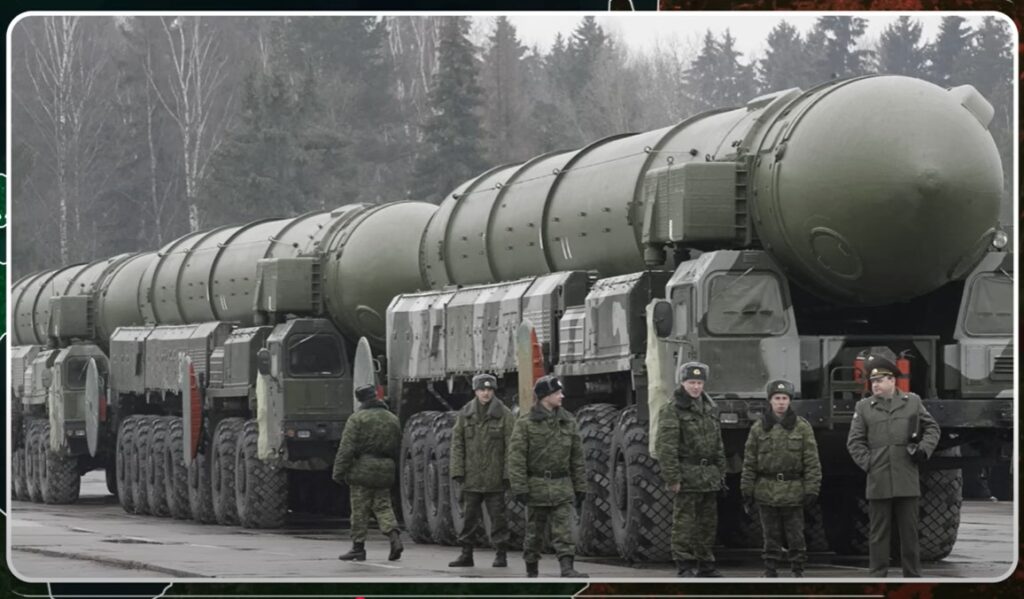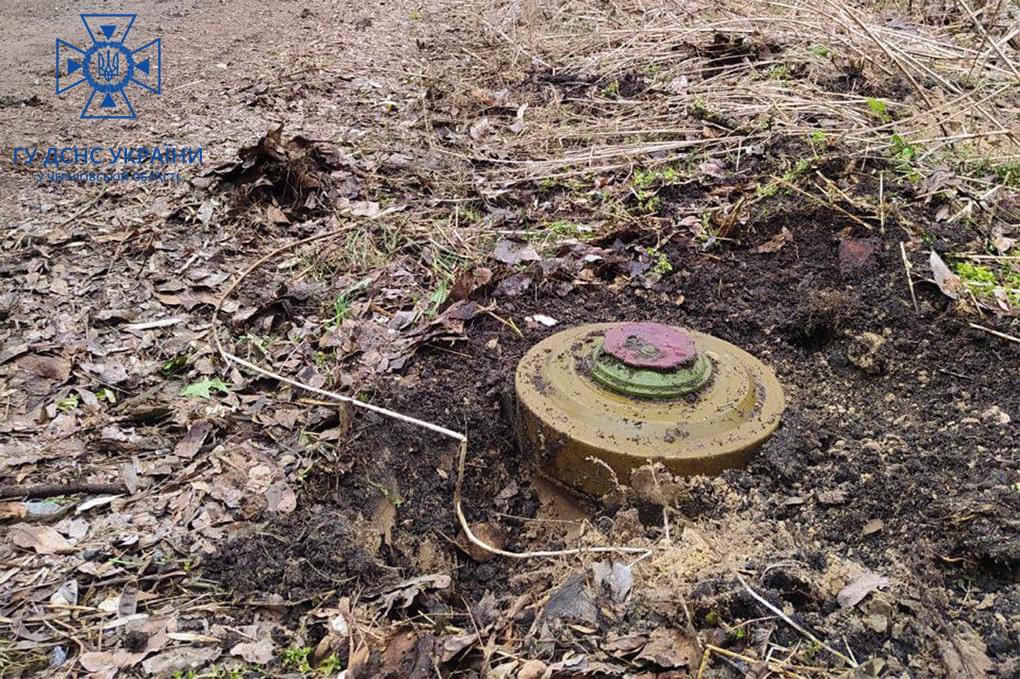Today, the biggest news comes from Estonia, where Russia has accused the country of posing a nuclear threat after Estonia expressed willingness to host NATO stealth aircraft on its territory.
With Donald Trump finally admitting that Russia harbors ambitions beyond Ukraine, Estonia’s defense ministry is bracing for what comes next, as military confrontation with Russia appears increasingly inevitable. At the recent NATO meeting in The Hague, after speaking with Zelenskyy, Trump openly stated that Putin’s territorial goals stretch far beyond Ukraine.

Baltic states in the crosshairs of Moscow’s strategy
These revelations expose Moscow’s intent to destabilize its neighbors, with Estonia, Latvia, and Lithuania emerging as primary targets due to their geographical vulnerability. Estonia’s 183-mile border with Russia, especially near Narva, is well within reach of Russian artillery.
NATO’s Article 5, which mandates collective defense, faces a critical test as Russia escalates its rhetoric. Still, Moscow appears keen to avoid triggering it directly, instead opting for provocative actions masked as defensive responses.

Estonia ready to host NATO F-35s amid rising tensions
Estonia’s defense minister, Hanno Pevkur, confirmed that Estonia is prepared to host F-35 multirole stealth fighters as part of NATO’s Baltic Air Policing mission. These aircraft serve both as a deterrent and as protection for NATO airspace.

Despite the F-35 not being assigned nuclear missions in Estonia, Kremlin spokesman Dmitry Peskov called it an “immediate threat,” framing the deployment as reckless escalation. This narrative is being amplified by Russian media, which paints NATO as the aggressor, despite having its own nuclear forces already stationed within rapid striking distance of NATO’s border, 15 to 20 minutes.

Estonia fortifies border as regional tensions rise
No nuclear warheads are stored in Estonia, unlike some NATO sites in Germany or Türkiye, underscoring that the deployment is strategic rather than escalatory. Nonetheless, Russia’s messaging hints at pretext-building for future military action.

Estonia, along with Latvia, Lithuania, Poland, and Finland, is fortifying the 3,450 km border with Russia and Belarus, creating a modern Iron Curtain. This new Iron Curtain, supplemented by anti-personnel mines after these nations left the Ottawa Treaty banning them, aims to deter Russia by making any confrontation on the ground lengthy enough for NATO’s larger militaries to arrive and help.
Estonia alone has invested €5.2 million into defenses near Narva, including 32 bunkers, anti-tank barriers, and 12 ammunition depots. The dense forests and Lake Peipus add natural obstacles along the rest of the border.

A determined eastern flank faces an uncertain future
In June 2025, Estonia’s Storm 25 exercises involved 6,000 Estonian troops and over 10,000 NATO allies, simulating defensive operations against Russian advances. Lithuania’s defense budget is set to reach 5.5% of GDP, signaling regional urgency.
While Estonia’s actions are defensive, Moscow’s portrayal of them as provocations raises risks of escalation. The Baltic frontier is increasingly fortified, and the stakes are high. Estonia’s defense is on the line—and Moscow is watching.
In our regular frontline report, we pair up with the military blogger Reporting from Ukraine to keep you informed about what is happening on the battlefield in the Russo-Ukrainian war.




